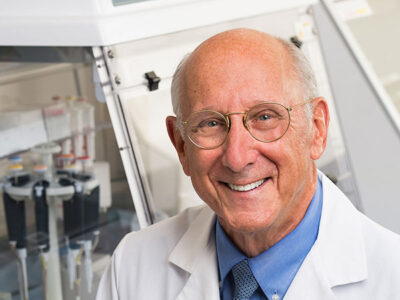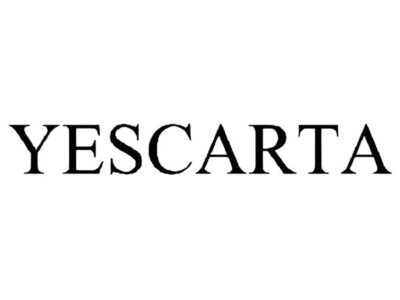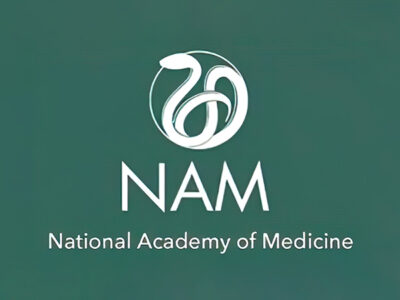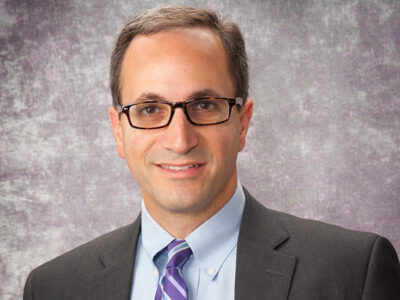Ten years ago, the formation of the Komen Tissue Bank at the Indiana University Melvin and Bren Simon Cancer Center was met with skepticism.
When two women—a patient advocate and a scientist—embarked on a mission to collect “normal” breast tissue for comparative purposes, colleagues in oncology dismissed their idea as wild.
When Eric Karlson's lymphoma went into complete regression in 2009, Steven Rosenberg and James Kochenderfer knew they were making history—for the first time, they had cured a patient by using genetically modified cell therapy, specifically, anti-CD19 CAR-T cells.
FDA has approved Yescarta (axicabtagene ciloleucel), a genetically modified cell therapy, to treat adult patients with certain types of large B cell lymphoma who have not responded to or have relapsed after at least two other kinds of treatment.
The National Academy of Medicine announced the election of 70 regular members and 10 international members during its annual meeting.
Norman “Ned” Sharpless Oct. 17 was sworn in as the 15th NCI director, succeeding Harold Varmus, who stepped down as director in March 2015, and Douglas Lowy, who has served as acting director since that time.
It may not be possible to point to definitive causes of the turnover in the executive offices of top academic cancer centers. However, the job of a center director is changing, said Robert Ferris, director of the University of Pittsburgh UPMC Hillman Cancer Center.
The caveats should be acknowledged: Yes, all cancer centers are different. If you've seen one, you've seen one. Yes, every center director has a different political and economic situation on his or her hands, and, sure, the observation that follows in the next paragraph could well be a fluke:
Dr. Oliver "Ollie" Press, photographed on Jan. 19, 2017 at the Fred Hutchinson Cancer Research Center in Seattle, Washington.Oliver “Ollie” Press, a blood cancer physician who made foundational contributions to the development of targeted cancer therapies, died Sept. 29 of complications from glioma. He was 65.
NIH announced 55 recipients of the NIH Director's New Innovator Award, which supports exceptionally creative early career investigators who propose innovative, high-impact projects.















